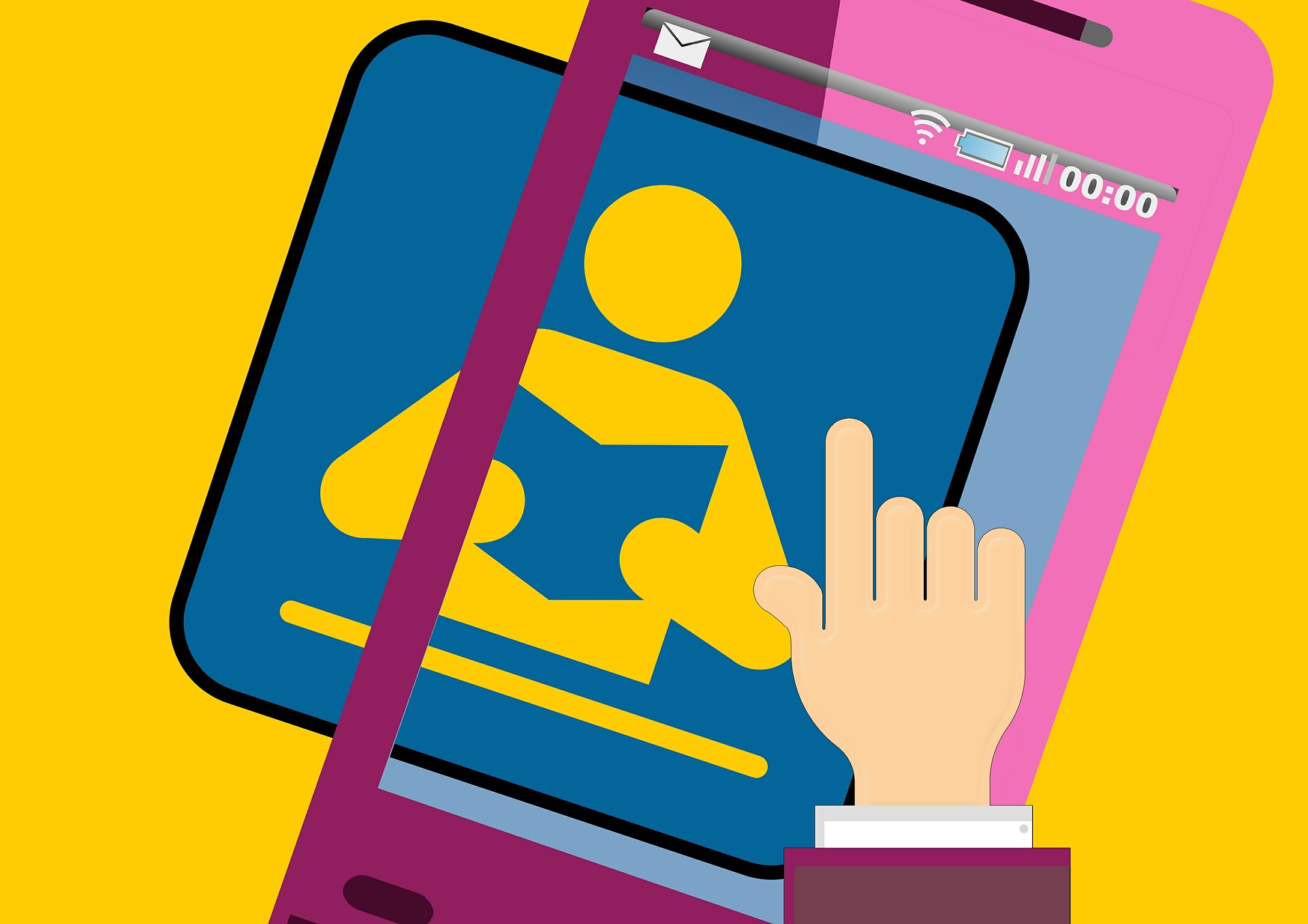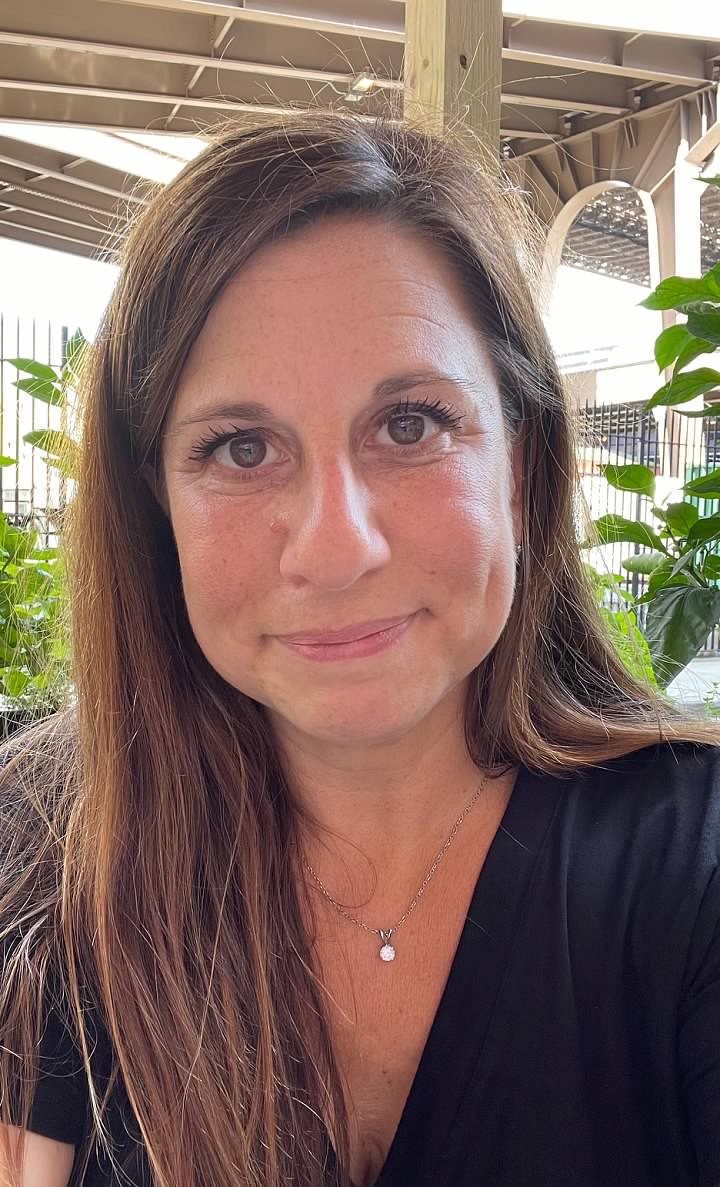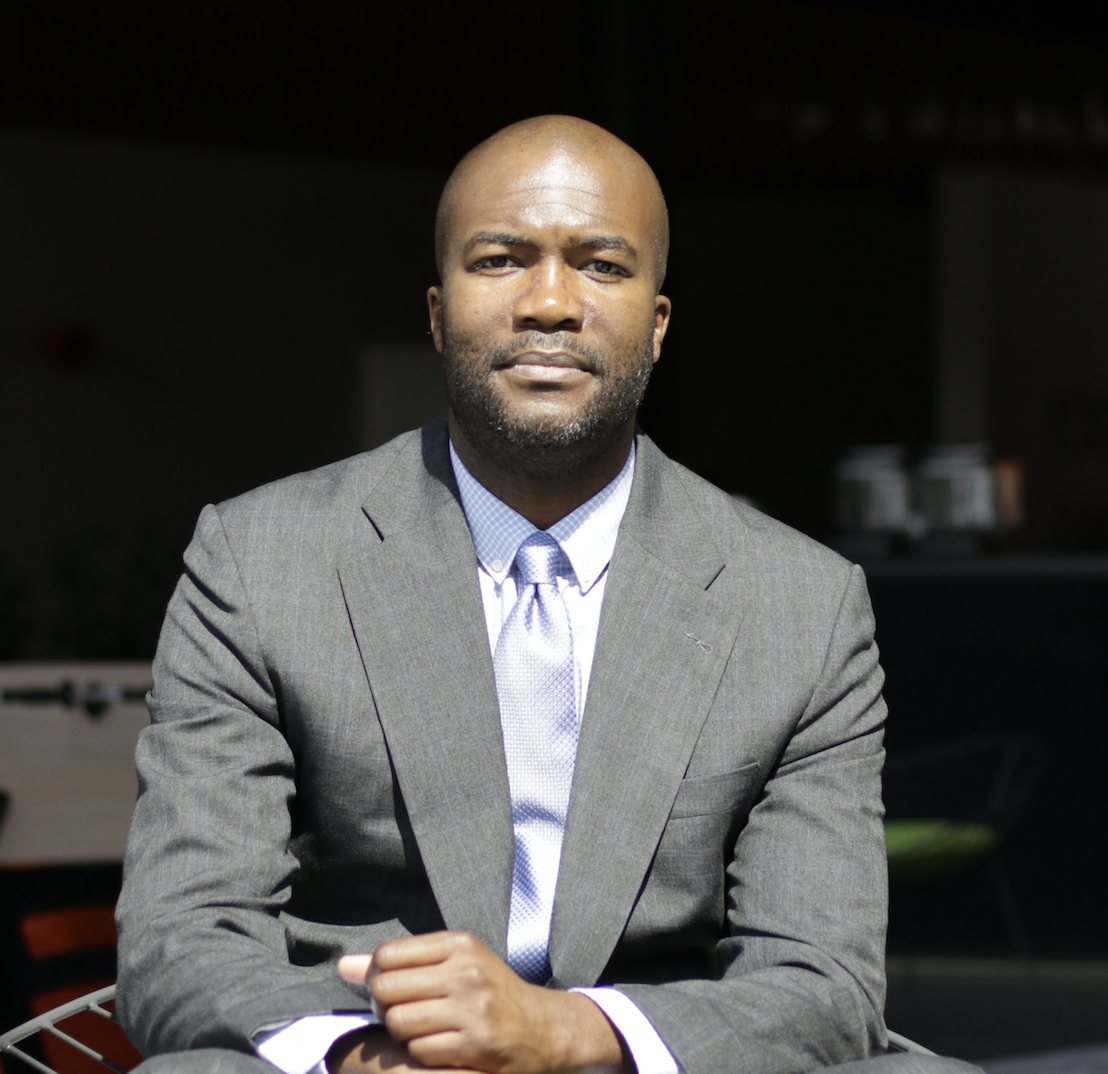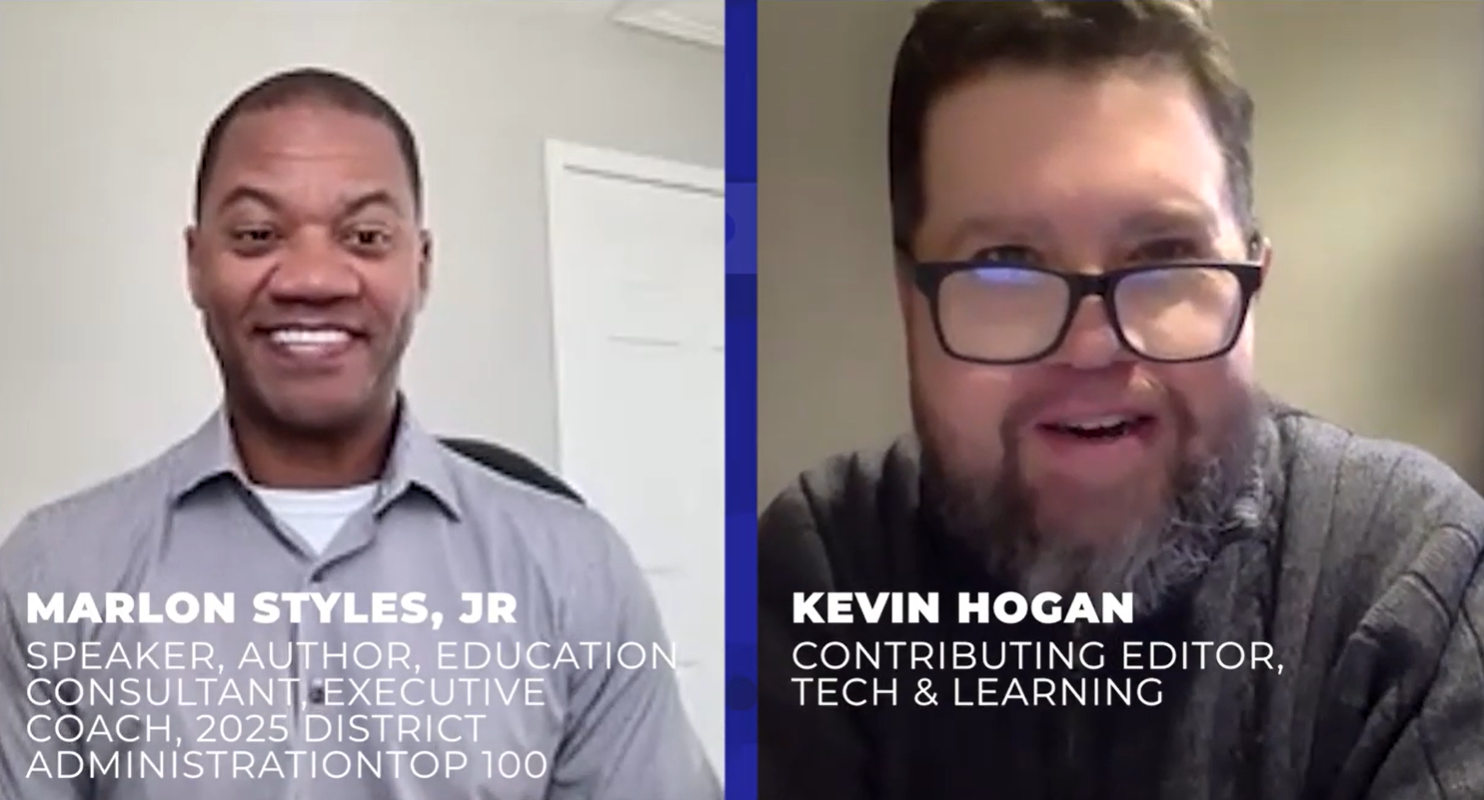How to Encourage Literacy with Digital Books & Resources
Melissa Jacobs, director of library services for New York City’s Department of Education, shares tips for encouraging literacy and improving equity with digital books.

Tools and ideas to transform education. Sign up below.
You are now subscribed
Your newsletter sign-up was successful
Even educators are often unaware of the important role librarians play in schools, says Melissa Jacobs.
“A school librarian is a teacher,” says Jacobs, director of library services for New York City’s Department of Education. As such, school librarians are an integral part of any education team, dedicated to providing students with the tools that are necessary for critical inquiry. “A library is about ideas and about thinking,” Jacobs says.
Today the boundaries of the library extend far beyond the physical school building. During the COVID shutdown, Jacobs led a program that allowed students and staff 24/7 access to ebooks, audiobooks, read-alongs, and other digital materials. Her efforts to date have resulted in more than 2 million digital books being delivered to DOE students and staff.
Thanks to this success, Jacobs was honored with the Best Overall Implementation of Technology at the Tech & Learning Innovative Leadership Awards in New Jersey. This initiative and the vital role library access plays in equity, access, and overall educational achievement for students, is of vital importance to her.
The Need for Library Access

Jacobs has been a librarian for more than twenty years, the last five of which have been in her current role. During her career, she’s learned firsthand just how important school librarians are to each student’s education. Libraries foster critical thinking that helps students develop a passion for different subjects and learn who they want to be. “That’s the spark that I want this to ignite in our kids,” she says.
However, there are communities in the U.S. that do not have public libraries, resulting in underserved students who struggle with the transition to post-secondary institutions. Jacobs says having access is critical so students arrive at college prepared to function and have the skill sets for information literacy. School librarians need to actively promote that equity.
“Take advantage of every grant, every program, every conference, and every opportunity to encourage users’ access,” she says. “Purchase titles kids want to read in addition to titles that kids must read. Practice logging in, logging out, and taking advantage of the digital tools embedded in the platform. Help students individualize the experience for themselves as a reader.”
Tools and ideas to transform education. Sign up below.
Literacy and The Library
Only one out of three elementary students in the fourth and fifth grade demonstrate reading proficiency according to recent research.
One highlight of Jacobs’ career is the digital collection that she initiated, which serves over a million students across more than 1,600 schools. At that scale, providing digital content has been a real challenge, however, Jacobs and her team have built a sustainable online collection using OverDrive and the Sora app. That accessibility is especially important for students who may experience housing insecurity or other economic or financial hardships. “Any DOE student, any New York City public school student, can access this. And to me, that's equity,” Jacobs says.
Jacobs’ additional advice for managing digital collections is simple. “Remember, a library has a librarian,” she says. “That notion remains true for a digital library. Use the skill sets of school librarians to curate collections and procure titles. Have policies and procedures in place for selection and be transparent about the process with the community. The digital platform also makes a difference and there should be a focus on equitable access, the user experience, and discoverability.”
Opening Up the World
So far, more than 1.4 million books have been circulated to New York City students this calendar year. In addition to books in multiple languages, Jacobs is especially proud of the distinctive cultural content. “This is a collection that's representative of the diversity of New York,” she says.
That diversity also encompasses different learning styles. For example, some students are auditory learners, so there’s an extensive audiobook collection. “I think that the Citywide Digital Library on Sora is even more essential in our kids’ lives because this platform is providing different mediums for them to focus on,” Jacobs says.
Students sometimes read words on the page but have difficulty keeping focused. Interpreting, synthesizing, and analyzing texts can be hard work. Students need every tool at their disposal to ensure that they have sound educational experiences. “They can go to the digital library and access the ebook, which has accessibility features, or the audiobook, or both, or access it in another language,” Jacobs says.
Educators should encourage students to engage with books and stress the different formats available. “Audiobooks and read-alongs have a much higher comprehension level than just print, which many kids struggle with decoding text,” she says. “Help students identify ways and formats they enjoy reading and engage with text.”
A book can be life-changing for a young person. If a child develops a love for reading, that child goes on to be a lifelong reader and learner. “Books teach you to think,” Jacobs says. “They open up the world. They give you opportunities. And once you build that knowledge, no one could take that away from you.”
Ian Peterkin is a writer and educator. He has taught at universities in America, China, and Dubai. He has an MFA in creative and professional writing from Western Connecticut State University. His work has been featured in Rio Grande Review, Helix, Wagner Lit, Flare: The Flagler Review, The Pointed Circle, Tenth Street Miscellany, Soliloquies, Noctua Review, The Fourth River, and elsewhere.

